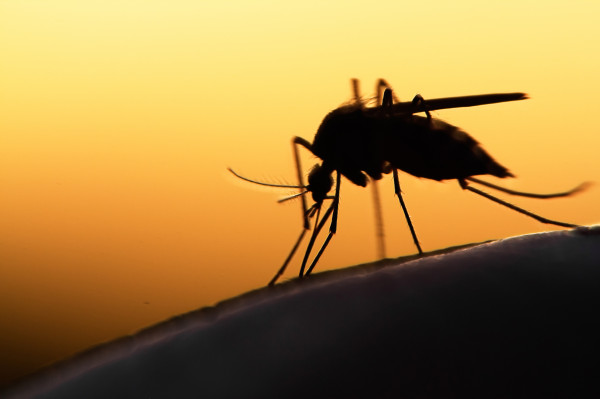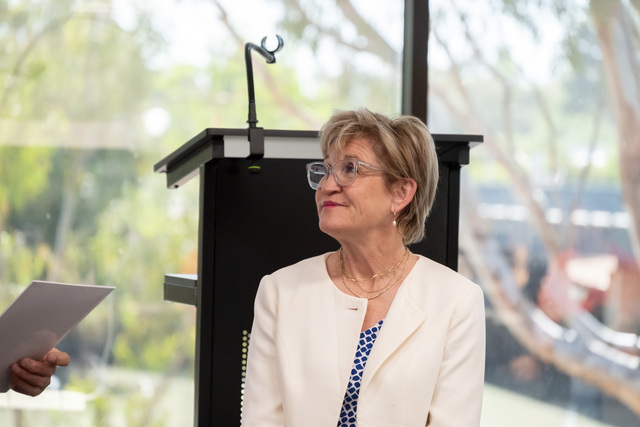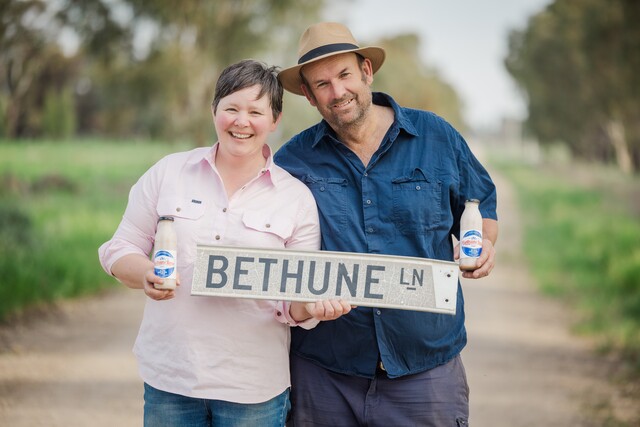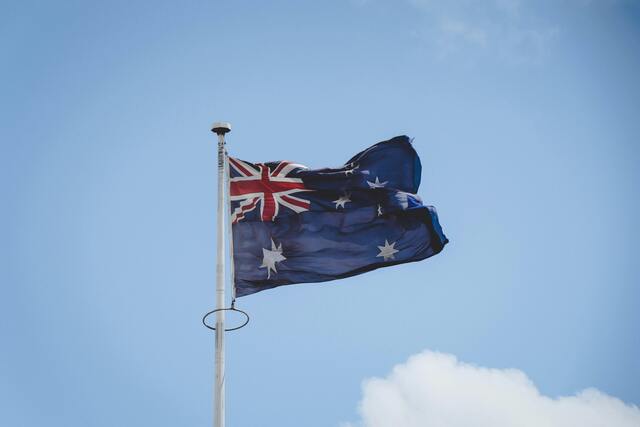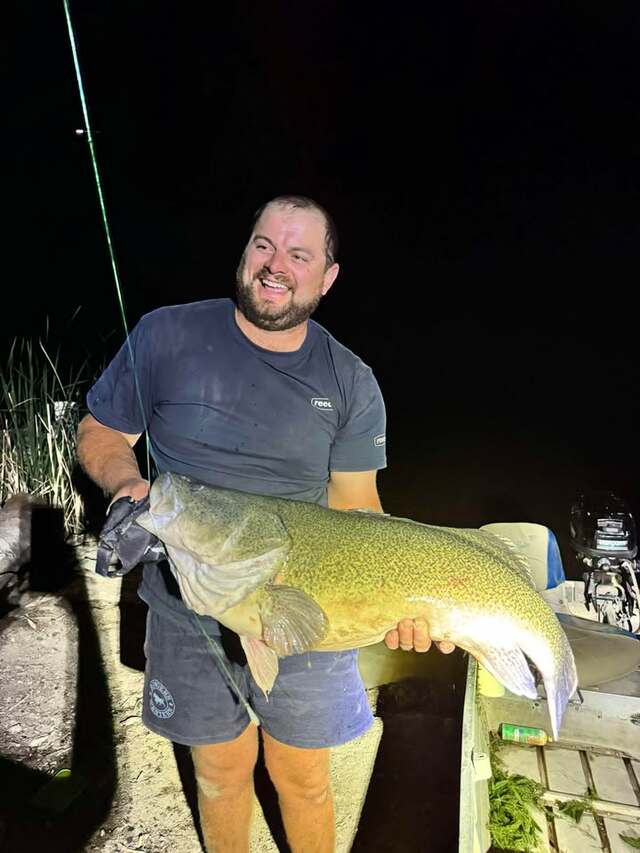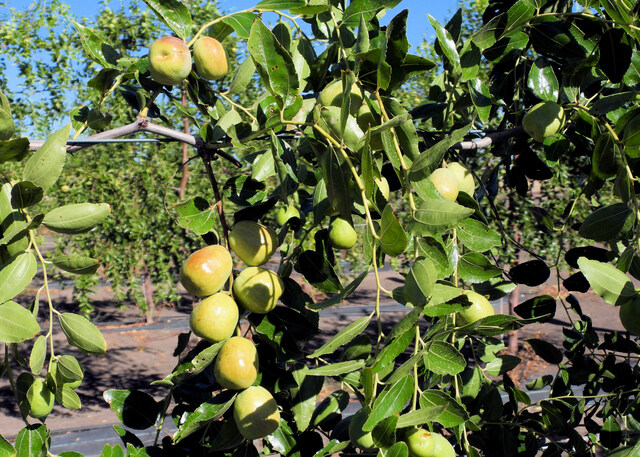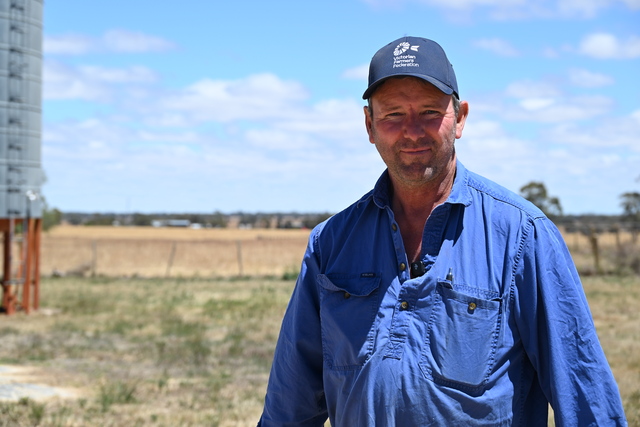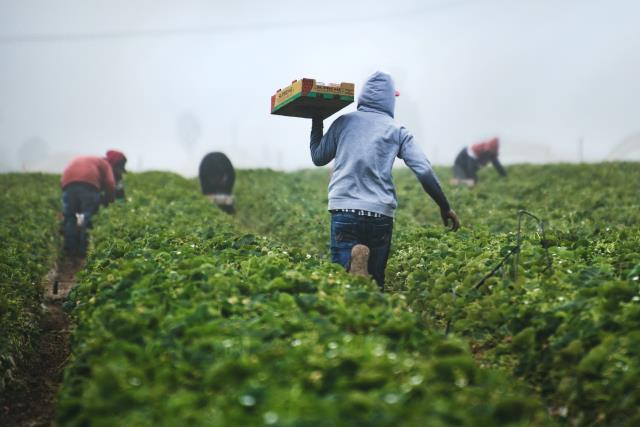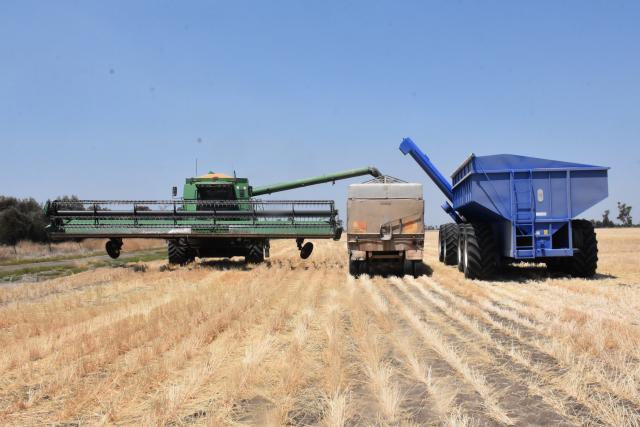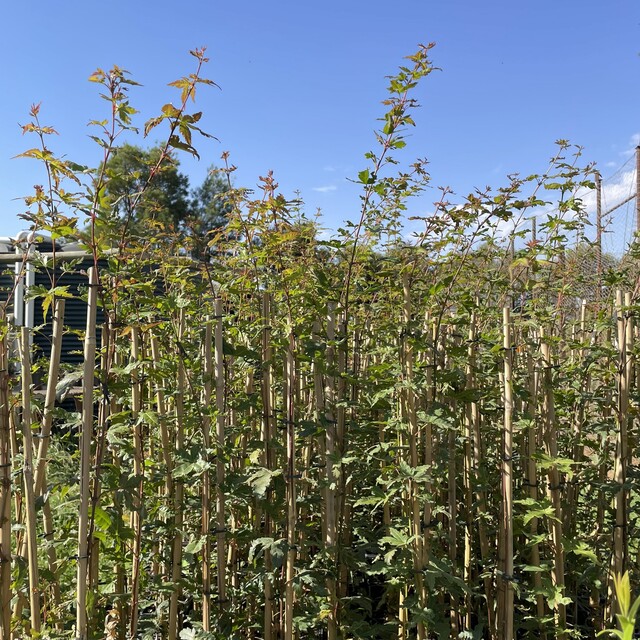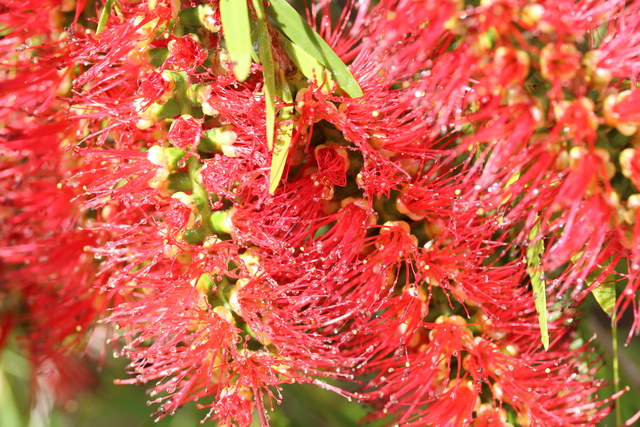WITH Japanese encephalitis virus spreading further in parts of Victoria and New South Wales, health experts are warning the risk is much higher than previously considered.
Recent outbreaks along the Murray Valley region have increased the risk of contracting the disease, and people are being encouraged to visit their local health professional for vaccination.
In 2022, NSW Health conducted a survey found that one in 11 people who took part showed evidence of previous infection.
Peter Doherty Institute Professor Stephen Kent said JEV is a serious disease in urgent need of better treatment options.
“Japanese encephalitis virus is transmitted by mosquitoes and can cause severe brain infections in a small number of people,” he said.
“There are no specific treatments, just supportive care and intensive care if symptoms become serious.”
Although a vaccine exists, it’s not widely administered across Australia.
“There is a vaccine against JEV, but it’s typically only given to those considered at risk,” Prof Kent said.
“It’s not part of a general vaccination program.”
With climate change bringing wetter seasons and altering mosquito habitats, the virus is spreading further south in Australia.
“Historically JEV has been found in Asia,” Prof Kent said. “But in recent years, especially during periods of heavy rain, it has spread into regions like the Murray Valley due to rising mosquito populations.”
Prof Kent said that a free vaccine is available for eligible risk groups.
“The vaccine is very effective,” he said. “While it’s not recommended for everyone, it is offered at no cost to people in high-risk areas or occupations.”
Most people infected with JEV do not show symptoms.
However, in rare cases of less than 1 per cent, the virus can cause serious infection of the central nervous system.

